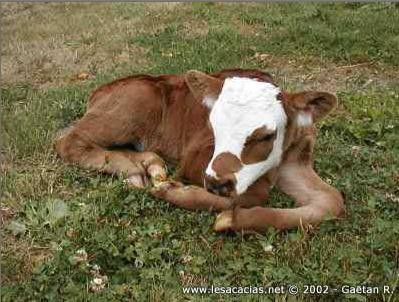Des ravages du "welfarisme"

DES RAVAGES DU WELFARISME ET COMMENT CERTAINS « PROTECTEURS » NE SONT EN FAIT QUE DES TRAÎTRES.
***
Eat British veal with a clear conscience, says RSPCA
Animal welfare groups back sale of home-grown meat
By Rachel Shields - Sunday, 17 August 2008